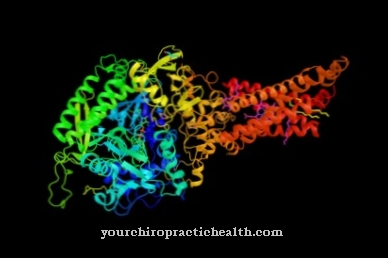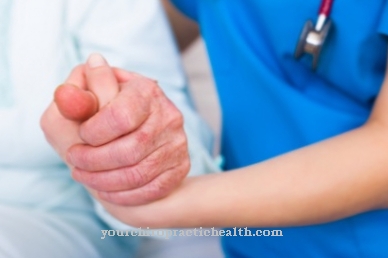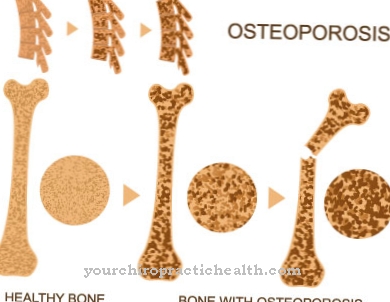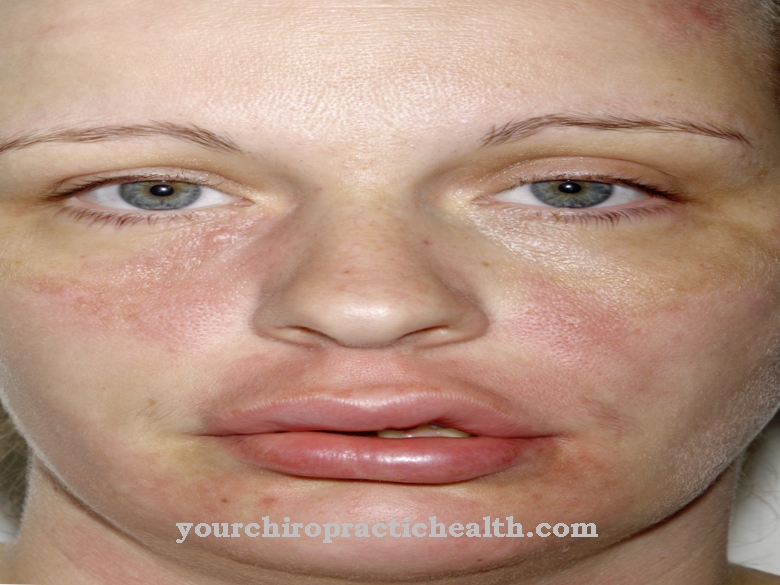The laws by which celestial bodies orbit in space and the languages of other peoples are often better known to many parents and teachers than the laws by which a child grows up. And yet it is so important to study the physical foundations and mental conditions of our children very carefully.
Physical development during puberty

One of the big changes our children's growing bodies are going through is puberty, i.e. sexual maturation. In boys, it generally falls between the ages of 12 and 17. Girls, who always have a slight lead over boys in their development, usually puberty between 10 ½ and 14 years. There are now three stages in puberty. First of all, the time of rapid growth in length and the noticeable increase in metabolism, i.e. the period well known to every mother, when clothes are always too short and sandwiches are always too small.
It is followed by the phase of greatest physical imbalance. The voice change begins, the facial features become coarser, the childlike lines more bony and muscular. The well-proportionedness of the whole body is temporarily disturbed. This leads to the proverbial lanky and flaccid movements of adolescents. Finally, the third stage is characterized by the fact that the sex glands have definitely gained their due importance in life. The individual has grown up.
Mental development in puberty
On the basis of these physiological changes, and perhaps more typically than them, the psyche changes. It is therefore imperative that, in addition to personal characteristics, we also consider the age-related psychological characteristics of the adolescent. The individual manifestations are largely dependent on the living conditions, i.e. the upbringing and the influences of the environment, which can have a positive or negative effect. The children often become clumsy from one day to the next, even in areas that they otherwise have mastered best.
Then comes a time of restlessness and nervousness, a transition between the playing childhood and the seriousness of the adult, a playing around with everything that has been experienced with fantasy, even with fantasy. We now often observe depression and reticence in young people, coupled with defiant rebellion, arguments and quarrels against their parents or educators. The mature person is now ready for big things, but also accessible to bad elements (smoking, alcohol, drugs, vandalism, etc.) against whose influences he has otherwise successfully defended himself.
Education in puberty
Most of these are temporary phenomena.The cause of these changing conditions is probably an increased excitability of the central nervous system of the pubescent and a reorganization of the system of the glands with internal secretion. It is not enough for biologists and psychologists to uncover the laws of puberty. Parents and teachers should be educated and made to reflect on the results of science and to discuss their concerns with the teacher at school or with the doctor.
The young person never asks so explicitly for a firm hand that can lead him out of the inner chaos as in this time, even if this is not always evident. However, the prerequisite for recognizing this firm hand is absolute trust. The principle of all educational attitudes must be here: remain loving with all consistency, show reasonable thinking, allow time to be able to watch with patience without reproaching or even hitting.
For the “naughty” and “cheeky” youngsters, nothing seems as urgent and lasting as calm consistency. Of course, this presupposes an education on the part of the educator, which unfortunately neither school nor parental home always show. It is necessary to understand that every age is entitled to validity and recognition. Nothing is more wrong than seeing the child as half, incomplete or even stupid adult. It would mean misunderstanding the youth if one just wanted to advise and help them.
Healthy young people generally reject such “well-meaning” and “better-knowing” educators because they simply long for guidance but also for self-affirmation. He will reject any attempt at education from the outset as soon as he senses that the educator is unclear in his will, that he is not understood by him, that he is allowed to keep secrets from him and to act safely. The authority of the educators, parents and teachers will be greater, the stronger the young people feel that they cannot fool them.
During this time, the young person decides to reject a leading figure who lacks understanding justice towards him or others or who does not take him seriously or fully with "compassionate" indulgence. The attitude of the educators must therefore be clear and unambiguous, provided they do not want to be suspected of mere harassment and harassment. Every educator must know that the awakening self-confidence of young people needs certain secrecy.
Tension, anger, arguments and lies can only be avoided if the adult does not continually play the role of a psychological detective trying to investigate the inner workings of the mature person. If the relationship of trust between the adult and the adolescent has been established from childhood on, he will never want to abuse his freedom anyway, just as little as he will then close to the insight that it is impossible to fulfill all his wishes.




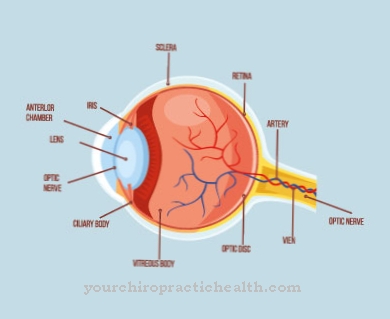


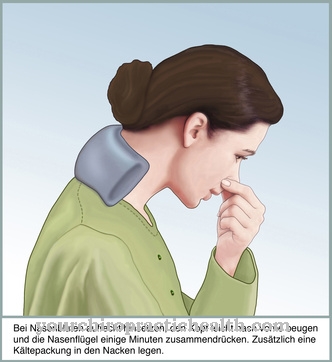
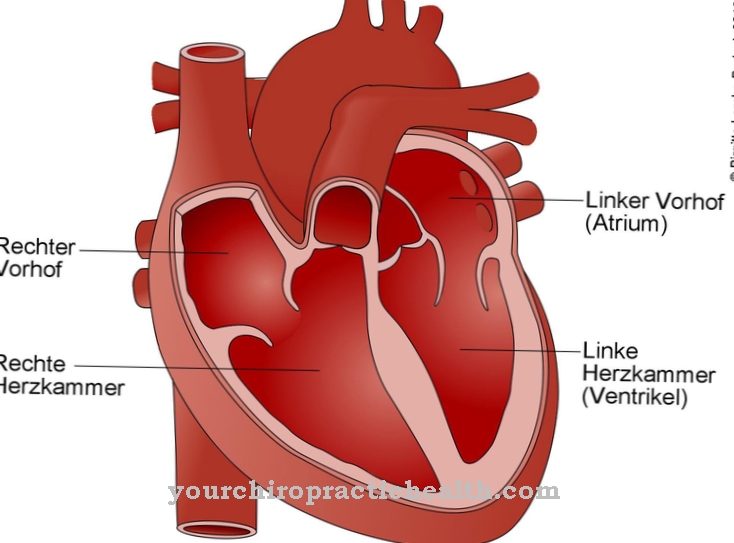


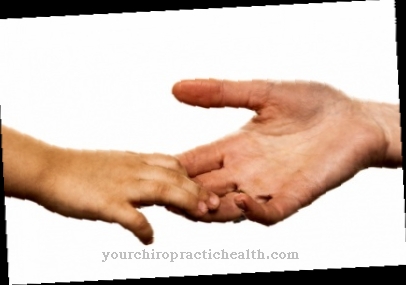
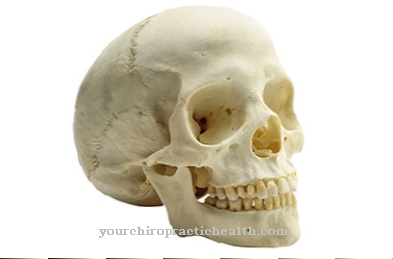
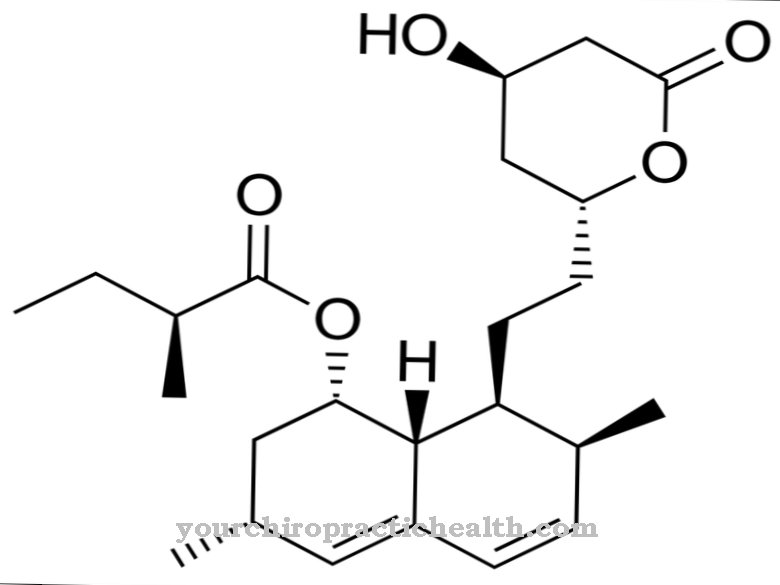


.jpg)


.jpg)
